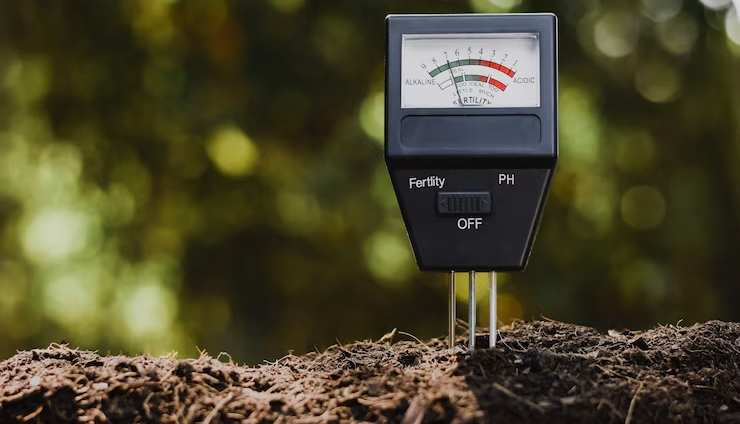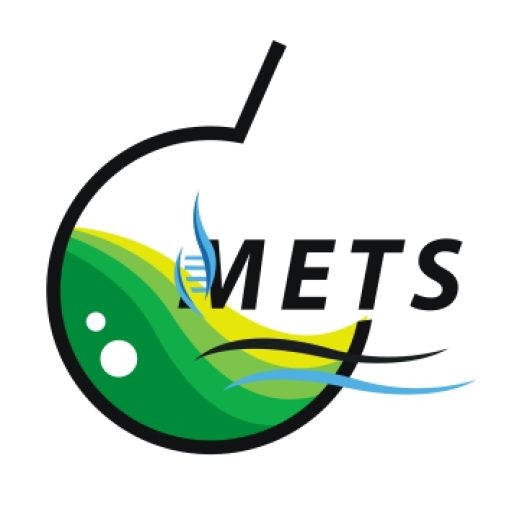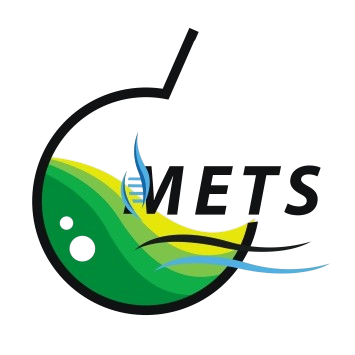
Soil Electrical Resistivity Testing – METS Laboratories
Soil Electrical Resistivity Testing is a vital geotechnical and geophysical assessment that measures the resistance of soil to the flow of electric current. At METS Laboratories, we utilize this test to evaluate the suitability of soils for a variety of engineering, construction, and corrosion-prevention applications. By applying state-of-the-art instrumentation and standardized procedures (e.g., ASTM G57), we deliver accurate, reliable, and reproducible results across a wide range of environmental and industrial conditions.
This test is essential in designing safe grounding systems for substations, pipelines, wind turbines, solar farms, and telecom towers. Our team of experienced geotechnical engineers and technicians ensure that each analysis meets the highest standards of scientific integrity and regulatory compliance.
Why Soil Electrical Resistivity Testing Is Important?
Understanding the electrical resistivity of soil is critical for:
• Grounding System Design: Low resistivity soils are preferred for effective grounding in electrical substations and power installations. Poor grounding can lead to dangerous touch and step voltages.
• Corrosion Risk Assessment: Soil with low resistivity tends to be more corrosive. For underground metallic pipelines and storage tanks, this assessment is crucial in corrosion protection and cathodic protection design.
• Site Characterization: Soil resistivity helps in determining subsurface conditions, including moisture content, soil stratification, and contamination, which are vital for civil and environmental engineering.
• Renewable Energy Installations: Ground resistivity impacts the efficiency and safety of wind turbines and solar farms that require robust grounding and lightning protection systems.
• Safety & Compliance: Regulatory bodies and electrical safety codes (such as IEEE 80, IS 3043) mandate soil resistivity studies before construction begins.
What We Test?
• Soil Electrical Resistivity (Ω-m)
• Soil pH and Redox Potential (for corrosion evaluation)
• Soil Moisture and Temperature (influencing resistivity)
• Soil Type and Grain Size Distribution
• Depth-wise resistivity profiling
• Surface Layer Resistivity
• Vertical Resistivity Profiles (borehole-based)
• Seasonal and Moisture Variation Analysis
• Wenner Four-Pin Method (ASTM G57)
• Schlumberger and Dipole-Dipole Arrays (for profiling)
• Laboratory Resistivity Testing under Controlled Moisture
• In-situ Testing using Digital Earth Testers and Multimeters
• GPS Mapping and Geo-tagging for spatial analysis
• Transmission towers, substations
• Underground pipelines
• Buried storage tanks
• Lightning arrestor systems
• Renewable energy installations
What METS Laboratories Offers?
At METS Laboratories, we provide end-to-end soil resistivity testing solutions, tailored to client-specific applications. Our offerings include:
• Site Surveys and Field Testing using calibrated digital earth resistivity meters
• Lab-based simulation of soil resistivity under varied environmental conditions
• Technical Reporting with GIS mapping, contour plotting, and risk analysis
• Customized recommendations for grounding and corrosion mitigation
• Third-party validation and compliance testing in accordance with IEEE, IS, and ASTM standards
• Fast-track services for urgent projects
We serve a wide range of industries including power generation and distribution, oil & gas, civil engineering, transportation, and renewable energy.
What We Ensure?
- Accuracy: Testing conducted by trained professionals using calibrated instruments
- Compliance: Results and recommendations align with global and national standards (ASTM G57, IEEE 80, IS 3043)
- Transparency: Complete documentation, including method, equipment used, and field conditions
- Data Integrity: Quality assurance and traceability throughout testing and reporting
- Safety: Adherence to safety protocols during field operations and laboratory analysis
- Confidentiality: Client data is protected under strict privacy protocols
Who It’s For?
- Electrical utilities and transmission companies
- EPC contractors and civil engineering consultants
- Renewable energy developers (solar/wind)
- Oil & gas pipeline and storage operators
- Railways and infrastructure authorities
- Environmental and geotechnical consultants
- Government and regulatory agencies
- Industrial and commercial construction firms
Protect Consumers. Satisfy Authorities. Boost Market Confidence.
Electrical safety and infrastructure integrity are not optional—they are foundational. Our soil resistivity testing services enable:
• Protection of Consumers: Proper grounding reduces the risk of electrocution, equipment failure, and fire hazards.
• Regulatory Satisfaction: Meet the requirements of IS 3043, IEEE 80, NEC, and local authorities for electrical safety and corrosion control.
• Market Confidence: Investors and stakeholders gain confidence when your project demonstrates scientific due diligence and compliance with engineering norms.
• Environmental Protection: Identifying corrosive or contaminated soils helps prevent environmental degradation from leaching or system failures.
METS Laboratories bridges the gap between technical accuracy and regulatory assurance—strengthening trust and reliability in your infrastructure.
Frequently Asked Questions
How is soil resistivity testing conducted on-site?
We typically use the Wenner 4-point method by inserting metal electrodes into the ground at equal spacing and measuring resistance with a digital earth tester. Multiple readings are taken at different depths and spacings for comprehensive analysis.
What is the ideal soil resistivity value for grounding?
There is no one-size-fits-all answer. Generally, values below 25 Ω-m are desirable for effective grounding, but design considerations vary with project size, soil type, and local codes.
How long does the testing process take?
Field testing usually takes 1–2 days depending on site size and complexity. Reports are typically delivered within 3–5 business days.
Is laboratory testing necessary if field testing is done?
Laboratory simulation may be required when seasonal changes, corrosivity evaluation, or specific moisture control conditions are critical to the analysis.
Can METS Laboratories assist in mitigation if the soil is highly resistive or corrosive?
Yes, we provide actionable recommendations including soil treatment, alternative grounding designs, and cathodic protection measures.
What standards do you follow?
We adhere to ASTM G57, IEEE Std. 81 and 80, IS 3043, and relevant NACE standards for corrosion studies.
Do you offer consultancy services based on the test results?
Yes, our technical team can support clients with grounding system design inputs, corrosion risk mitigation, and compliance documentation.
Where does METS Laboratories operate?
We serve pan-India projects and offer international services for large-scale industrial and infrastructure clients.





